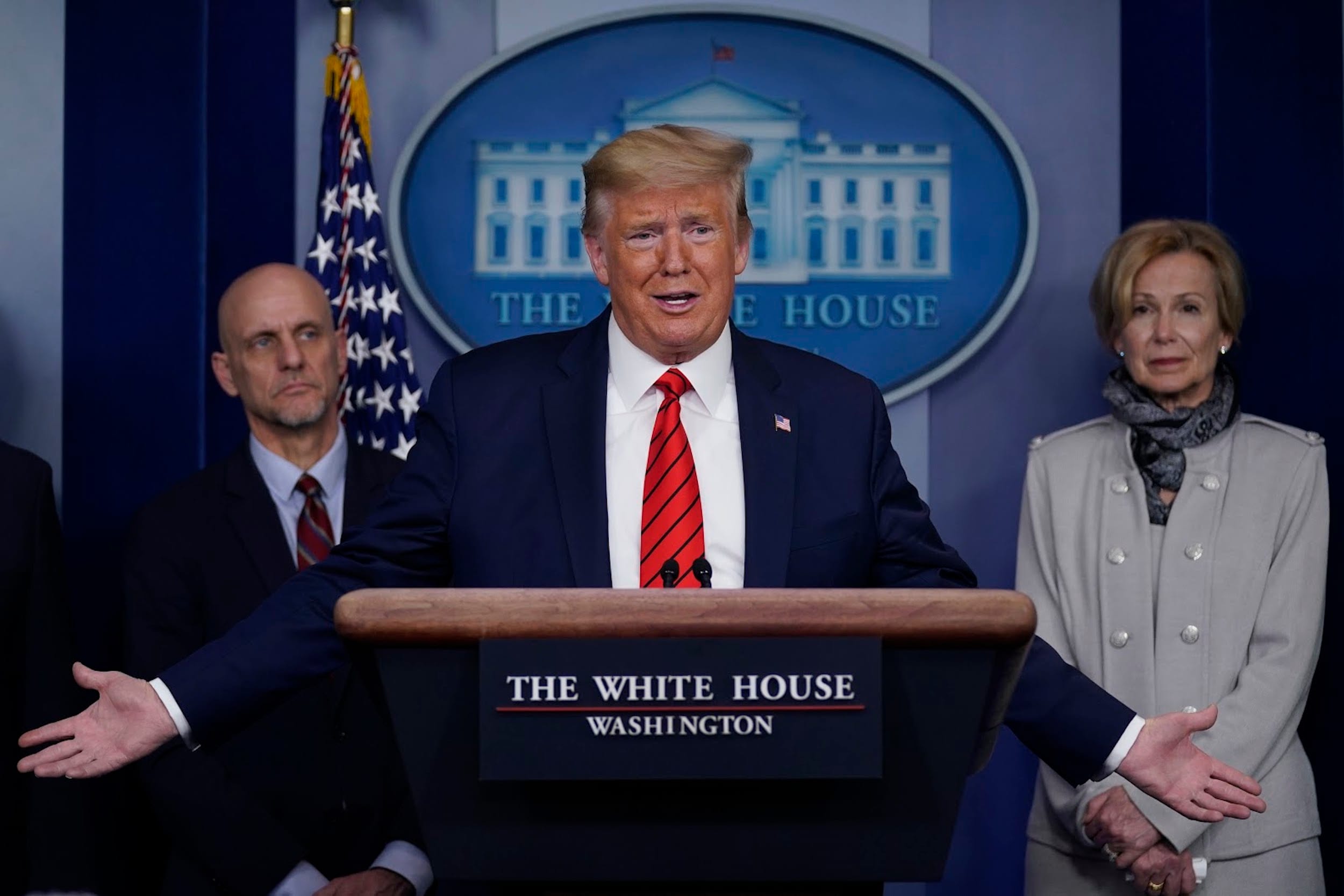In a bold move that could reshape the landscape of international taxation, former President Donald Trump has unveiled plans to establish an External Revenue Service (ERS). This new agency is designed to focus specifically on the collection of revenue from foreign sources, a step that Trump argues is necessary to bolster the U.S. economy and ensure that foreign entities contribute their fair share to the nation’s coffers.
The proposal comes in the wake of ongoing discussions about tax reform and the need for a more robust system to monitor and collect taxes from foreign businesses operating in the United States. Trump has emphasized that the ERS will not only streamline the process of revenue collection but also enhance transparency and accountability in international financial transactions. By creating a dedicated agency, the former president aims to address what he perceives as a significant gap in the current tax system, where foreign entities may evade their tax responsibilities.
One of the primary objectives of the ERS will be to identify and track foreign companies that generate revenue within the U.S. market. This includes businesses that may not have a physical presence in the country but still engage in significant economic activities, such as e-commerce platforms and digital service providers. The ERS is expected to implement advanced data analytics and technology to monitor these transactions effectively, ensuring that all foreign entities comply with U.S. tax laws.
Trump’s proposal has garnered attention from various sectors, including business leaders, economists, and policymakers. Supporters argue that the establishment of the ERS could lead to increased revenue for the federal government, which could be reinvested in infrastructure, education, and other critical areas. They contend that a more equitable tax system would level the playing field for American businesses that compete with foreign companies.
However, the proposal has also raised concerns among critics who worry about the potential for increased bureaucracy and regulatory burdens on foreign businesses. Some experts caution that the implementation of the ERS could lead to complications in international trade relations, as foreign governments may retaliate against U.S. companies operating abroad. The delicate balance between enforcing tax compliance and maintaining positive diplomatic relations will be a critical consideration as discussions around the ERS progress.
In addition to its revenue collection goals, the ERS is expected to play a role in combating tax evasion and money laundering. By focusing on foreign entities, the agency aims to close loopholes that have allowed some businesses to avoid paying taxes altogether. This initiative aligns with broader global efforts to enhance tax compliance and transparency, particularly in light of the increasing scrutiny on multinational corporations and their tax practices.
The establishment of the ERS will require legislative approval, and Trump has indicated that he plans to work closely with Congress to advance this initiative. The proposal is likely to spark a robust debate among lawmakers, as they weigh the potential benefits of increased revenue against the implications for foreign relations and the business environment.
As the U.S. economy continues to recover from the impacts of the COVID-19 pandemic, the need for innovative solutions to generate revenue has become more pressing. The ERS proposal represents a significant shift in how the government approaches taxation, particularly in an increasingly globalized economy. If implemented, it could set a precedent for how countries around the world manage tax compliance for foreign entities.
In conclusion, the proposed External Revenue Service aims to enhance the United States’ ability to collect revenue from foreign sources, addressing concerns about tax compliance and fairness in the international marketplace. While the initiative has the potential to generate significant revenue for the federal government, it also raises important questions about its impact on foreign relations and the business landscape. As discussions continue, stakeholders from various sectors will be closely monitoring the developments surrounding this ambitious proposal.


